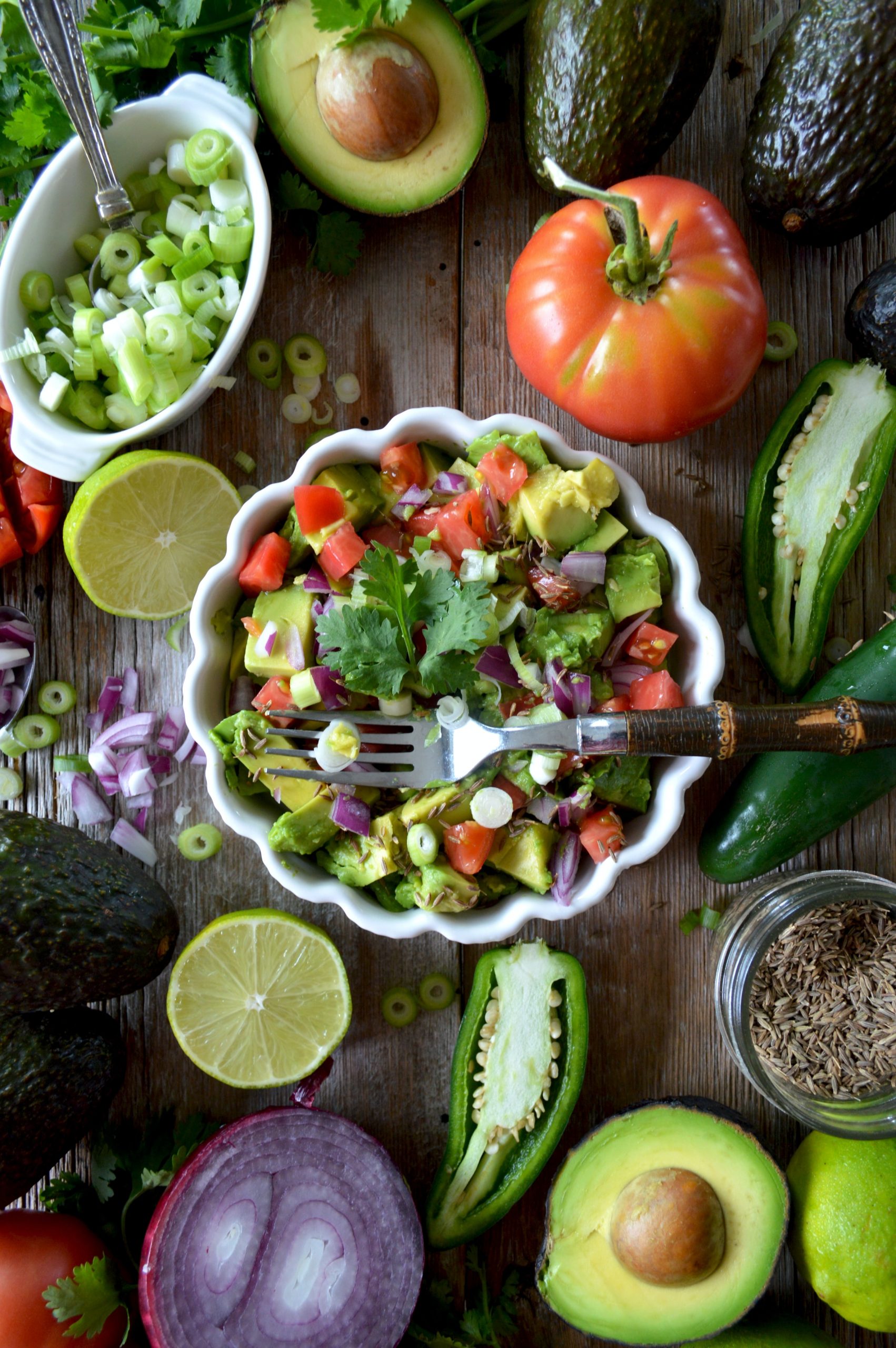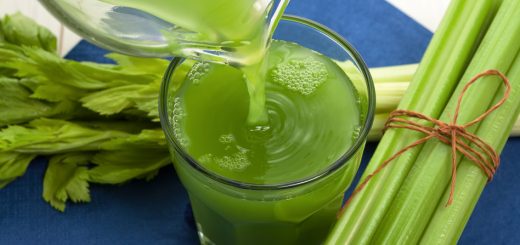Top 5 Tips To Have A Healthy Diet
A healthy diet provides your body with the nutrients it needs each day and balances your caloric intake, helping you control your weight. When your diet is not adequate, your body is more prone to fatigue and vulnerable to infections and chronic diseases such as heart disease, stroke, type 2 diabetes, and certain cancers. A diet of nutrient-rich foods can also reduce the inflammation characteristic of hidradenitis suppurativa.
Eating a healthy diet is not as complicated as you might think. It’s about eating lots of plant foods- vegetables, fruits, whole grains, legumes (e.g., beans, peas, lentils), nuts- and limiting the consumption of highly processed foods. In addition, healthy eating has been consistently associated with good mental health. So, without further ado, let’s dive into this blog and learn some of our best tips for having a healthy diet.
1. Choosing the right fats

Eating fat is essential for good health, energy, and fitness. But be careful; this does not mean eating French fries, pizza, and other fried foods at every meal! You must limit the trans fats found in ultra-processed foods, which are responsible for bad cholesterol. On the other hand, you should prefer foods rich in good fats: omega 3.
They are found in fatty fish such as salmon, trout, herring, cod, mackerel, walnut, flax, rapeseed, hemp oils, walnuts, chia seeds, and cabbage in eggs. Fortunately, manufacturers and distributors are now making efforts in the composition of their products. The aim is to offer quality products that are more sustainable, better for your health, and always at the right price.
2. Limiting sugars
We often consume sugar without knowing it! We must therefore be careful not to have an excessive intake of carbohydrates. Because, beyond the sugar cube that goes with coffee, we consume a lot of it frequently without being aware of the quantities we are absorbing. For example, a glass of apple juice (without added sugar) is equivalent to 5 sugar cubes (21g), a can of soda is equivalent to 9 sugar cubes (36g), and a flavored yogurt to 5 sugar cubes (18g).
It is important to remember that, unlike fat, sugar has no nutritional value because our bodies produce it naturally from proteins and fats. The World Health Organization (WHO) therefore recommends limiting yourself to one glass of fruit juice or sweetened beverage per day, even for industrial juices that are 100% juice and have no added sugar, to give preference to freshly squeezed juices that are richer in vitamins. It reminds us that a glass of fruit juice cannot be counted as one of the 5 fruits and vegetables per day.
3. Eat less meat

Even if our consumption is decreasing more and more each year, we still eat too much meat. Often at both lunch and dinner. WHO recommends limiting yourself to 500 g per week for beef, lamb, and pork. And for cold cuts, the recommendation is even more drastic, only 25 g per day (the equivalent of half a slice of ham).
On the other hand, we should eat fish at least twice a week, alternating fatty fish (salmon, trout, sardines) and lean fish (cod, sole, ray, sea bass). On the other hand, we should avoid preparing smoked, salted, fried fish or fish cooked at very high temperatures, as they are no longer of great nutritional interest.
4. Eat more whole grains
If we find cereals almost everywhere in our diet (flour, bread, rice, pancakes, breakfast cereals, pizza, pasta), it is more interesting to choose whole grains. They are much more satiating than the others and allow to avoid snacking; they contain more vitamins and minerals and improve digestive comfort. Finally, they have a real impact on reducing chronic diseases such as diabetes or cardiovascular diseases. Be careful; they must be consumed organically because whole grains are chemically treated for preservation.
5. Eat more legumes and vegetables

Currently, we consume an average of 11g per day, which is still too little. A contribution that is still too low. Pulses are a great source of fiber, protein, vitamins, and minerals; they protect against diabetes, heart disease, and cancer. So don’t hesitate to add chickpeas, beans, split peas, white or red beans, and lentils to your menu more often.
Looking for help?
Appetite for Nutrition is a Victorian-based team of Accredited Practicing Dietitians (APD) who are focused on providing tailored, evidence-based nutritional advice to improve the health and wellbeing of our clients. They recognize that every client is different and work closely with their clients and their support to best fit their needs.
Their team of dietitians provides nutrition support within clinics, telehealth services, and home visits. They also have clinics throughout Melbourne and Bendigo. If you don’t live in these cities but would like a home visit– they travel 100km radius to accommodate. So, what are you waiting for? Give them a call today and take your health into your hands.




1 Response
[…] Sound off in the comments section below and tell us what you want to read next and if you want to read more about gonorrhea. […]